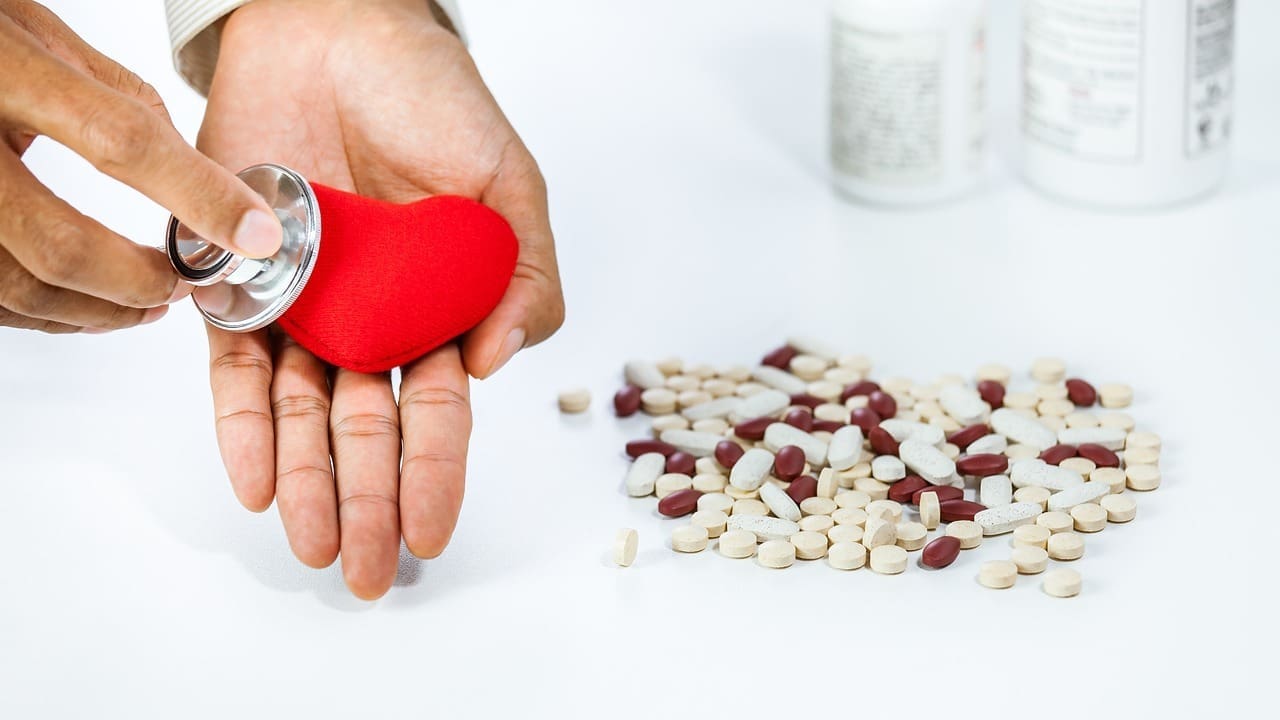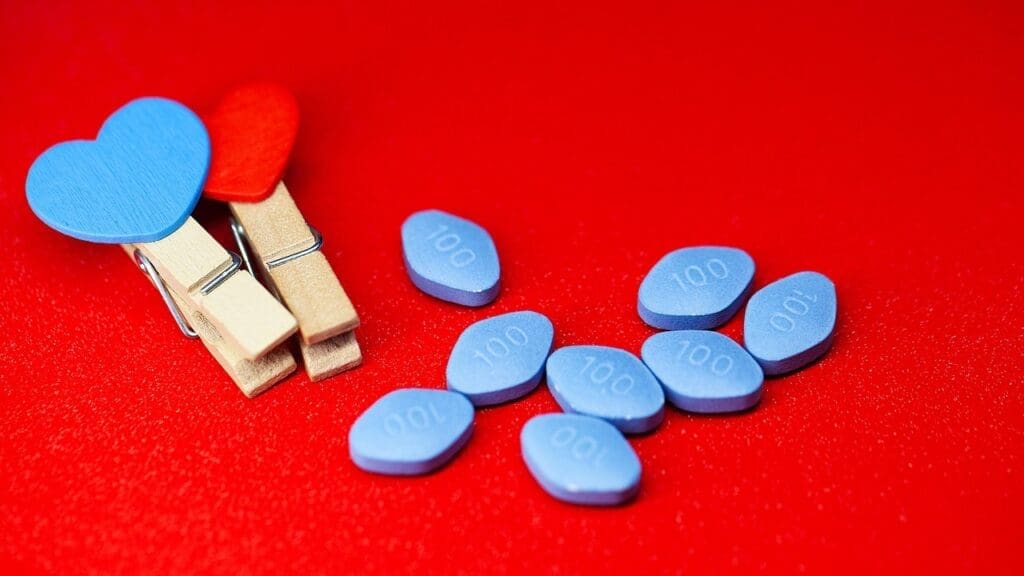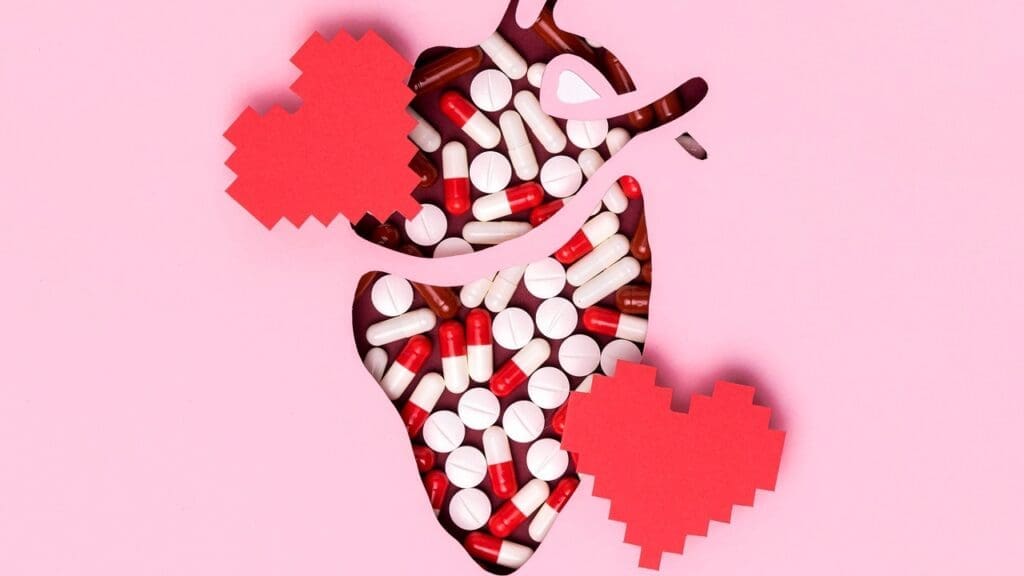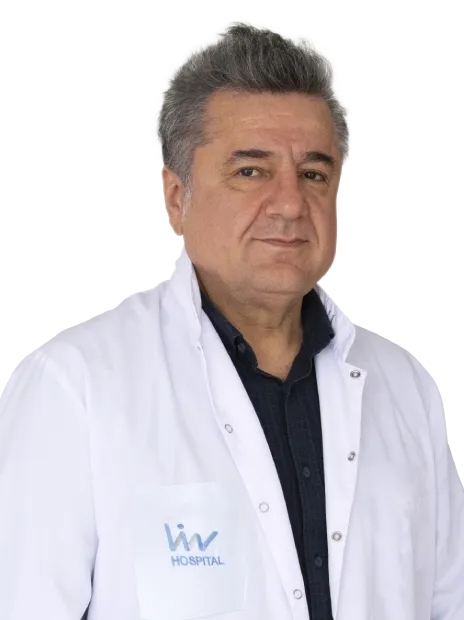
During a heart attack, every second is critical. Knowing if you should chew an aspirin can save lives. At Liv Hospital, we stress the need for quick action and the right steps.
If someone has new or severe chest pain, call emergency services immediately. While waiting, chewing one adult aspirin can help if they’re not allergic and told to by rescue teams or the dispatcher.
Aspirin works by preventing blood clots in coronary arteries. Getting medical help fast is key. We make sure our patients get the best care in urgent situations.
Key Takeaways
- Act quickly if someone has new or severe chest pain by calling emergency services.
- Chew one adult aspirin if the person is not allergic and if advised by rescue personnel or the dispatcher.
- Aspirin helps by reducing blood clot formation in coronary arteries.
- Prompt medical attention is critical during a heart attack emergency.
- Liv Hospital is dedicated to providing trusted care and effective treatment.
The Critical Time Window During a Heart Attack

A heart attack starts a critical time where quick action can save lives. Giving aspirin right away can greatly change the outcome.
What Happens Physiologically During a Cardiac Event
A heart attack happens when a coronary artery gets blocked. This stops blood from reaching the heart muscle. Without oxygen, heart tissue can get damaged or die.
Getting medical help fast can reduce this damage. Aspirin is key because it stops more clots from forming.
Studies show aspirin given quickly during a heart attack can lower death rates. It works by stopping new clots and preventing old ones from getting bigger.
Why Minutes Matter in Heart Attack Treatment
Minutes are very important when a heart attack happens. Quick action means better results. Waiting too long can cause more damage and even death.
| Time to Treatment | Outcome |
|---|---|
| Within 1-2 hours | Minimal damage, better survival rate |
| Within 2-4 hours | Moderate damage, survival chances reduced |
| After 4 hours | Significant damage, higher risk of mortality |
Quick and correct action during a heart attack can greatly improve survival chances and reduce long-term damage. Knowing the importance of fast medical help and aspirin’s role is key for managing heart attacks.
Understanding How Aspirin During Heart Attack Saves Lives

Aspirin is key in managing heart attacks by stopping more clots from forming. It’s given quickly to help people survive. We’ll look at how aspirin works and why it’s used.
Aspirin’s Role as an Antiplatelet Agent
Aspirin works as an antiplatelet agent. It stops blood clots from forming in coronary arteries. When a heart attack happens, a clot blocks blood flow, harming the heart muscle. Aspirin stops platelets from sticking together, making clots smaller and preventing more from forming.
Statistical Evidence: 23% Reduction in Vascular Mortality
Research shows aspirin early in a heart attack cuts down on death rates. A key study found a 23% reduction in vascular mortality in patients who got aspirin right away.
50% Reduction in Reinfarction and Stroke Risk
Aspirin also cuts the risk of another heart attack and stroke by 50%. This big drop shows how vital aspirin is in treating heart attacks right away.
In short, aspirin’s role as an antiplatelet agent and the evidence backing it up prove its life-saving role in heart attacks.
The Science Behind Aspirin’s Effectiveness
Understanding how aspirin works is key to seeing its value in heart attacks. Its power comes from a complex biochemical process. This process involves several important steps.
Inhibition of Platelet Cyclooxygenase-1
Aspirin stops the enzyme cyclooxygenase-1 (COX-1) in platelets. This is the first step in a chain of reactions. These reactions stop clots from forming. The effect lasts for the lifespan of the platelet, about 7 to 10 days.
Blocking Thromboxane A2 Production
Aspirin’s action blocks thromboxane A2, a key player in clotting. Thromboxane A2 comes from arachidonic acid. Reducing it lowers the risk of clots during a heart attack.
Preventing Further Clot Formation
By stopping thromboxane A2, aspirin prevents more clots in coronary arteries. This is vital during a heart attack. It helps blood flow back to the heart muscle, lessening damage. Aspirin given quickly can greatly improve heart attack outcomes.
In short, aspirin’s role in heart attacks is clear. It blocks COX-1, stops thromboxane A2, and prevents clots. This shows why aspirin is a first choice in heart emergencies.
Why Chewing Aspirin Is Superior to Swallowing
Chewing aspirin is better than swallowing it whole during a heart attack. It gets into your blood faster. This is key when your heart is in trouble.
Absorption Rate Comparisons
Chewing aspirin breaks it down into smaller pieces. This increases its surface area. So, it gets into your blood quicker.
Swallowing aspirin whole takes longer. It has to be digested first. This slows down how fast it gets into your blood.
Studies show chewing aspirin gets it into your blood faster. This is important during a heart attack. It helps stop more clots from forming.
Time-to-Bloodstream Differences
Chewing aspirin gets it into your blood much faster. Swallowing it whole takes about 30 minutes to an hour. But chewing it can get it to work in just 3-5 minutes.
- Faster absorption: Chewing aspirin allows for rapid absorption into the bloodstream.
- Quick action: The faster aspirin is absorbed, the quicker it can start working to prevent further clot formation.
- Improved outcomes: Rapid aspirin absorption can lead to better outcomes during a heart attack emergency.
Clinical Evidence Supporting Faster Delivery
Studies back up chewing aspirin during a heart attack. They show it gets absorbed faster and works better. This leads to better results.
A study in a top medical journal found chewing aspirin helps. It gives quicker relief and better heart function. This is compared to swallowing it whole.
Chewing aspirin during a heart attack can save lives. It also reduces heart damage.
Proper Aspirin Dosage During Cardiac Emergencies
Knowing the right aspirin dosage during a heart attack is key. It can greatly affect how well a patient does. When a heart attack happens, giving aspirin quickly is very important.
It’s a good idea to have aspirin ready and know how to use it. The right amount is important for stopping more clots.
Recommended Dosage for Adults
Adults having a heart attack should take one adult aspirin tablet, which is 325 mg. Make sure to chew the aspirin to help it get into your blood faster.
The American Heart Association says if you’re not allergic and think you’re having a heart attack, chew one adult aspirin tablet. Wait for help to arrive.
| Age Group | Recommended Aspirin Dosage | Notes |
|---|---|---|
| Adults | 325 mg (1 adult tablet) | Chewable aspirin recommended |
| Children | Not recommended without medical guidance | Consult a healthcare professional |
Types of Aspirin Suitable for Emergency Use
Not all aspirin is the same for emergencies. Regular, non-enteric coated aspirin is best because it gets into your blood faster.
- Regular aspirin tablets are preferred for their rapid absorption.
- Some studies suggest that chewable aspirin can be even more effective during emergencies.
Regular vs. Enteric-Coated Considerations
Enteric-coated aspirin is made to avoid stomach upset. But, its coating can slow down how fast it’s absorbed. This makes it less good for emergencies.
In a heart attack, fast absorption is key. So, regular or chewable aspirin is better.
Step-by-Step Protocol: Taking Aspirin During a Suspected Heart Attack
When a heart attack is suspected, every minute is critical. Knowing the right steps can save lives. We’ll guide you through the essential steps, from recognizing symptoms to giving aspirin correctly.
Recognizing Heart Attack Symptoms
The first step is to recognize the symptoms of a heart attack. Look for chest pain or discomfort, shortness of breath, and nausea. Also, watch for lightheadedness, and pain in the arms, back, neck, jaw, or stomach. If you or someone else has these symptoms, act fast.
Calling 911 Before Taking Aspirin
First, call 911 or your local emergency number right away. Tell the dispatcher about the symptoms and suspect a heart attack. They will tell you what to do next and may say to take aspirin if you’re not allergic.
Always call for emergency help before taking aspirin. Medical professionals need to know what’s happening.
Proper Chewing Technique and Administration
If you’re told to take aspirin, and you have it, chew a non-enteric coated aspirin (usually 325 mg). Chewing it helps it get into your bloodstream faster. Make sure you’re not allergic to aspirin and there are no other reasons not to take it before you do.
To give it, put the aspirin in your mouth and chew it well before swallowing. This makes the aspirin work faster in an emergency.
By following these steps, you can handle a suspected heart attack well. The most important thing is to act fast, call for help, and follow what medical experts say.
Safety Considerations and Contraindications
When thinking about aspirin during a heart attack, knowing the safety and what not to use is key. Aspirin can save lives, but it’s not for everyone. We must be careful about who can take it.
Aspirin Allergies and Sensitivities
Some people might be allergic or sensitive to aspirin. This can cause mild to severe reactions. Symptoms include hives, itching, swelling, stomach cramps, diarrhea, and in severe cases, anaphylaxis. If you’re allergic, it’s important to avoid aspirin during a heart attack.
Those with known sensitivity should look for other treatments. It’s also key to tell your doctor about any aspirin allergy or sensitivity.
Medical Conditions That Preclude Aspirin Use
Some medical conditions make aspirin risky. These include bleeding disorders and conditions that raise the risk of bleeding, like gastrointestinal ulcers. Use aspirin with caution or avoid it in these cases.
| Medical Condition | Risk with Aspirin Use |
|---|---|
| Bleeding Disorders | Increased risk of bleeding |
| Gastrointestinal Ulcers | Risk of ulcer bleeding or perforation |
| Kidney Disease | Potential for decreased kidney function |
Medication Interactions to Be Aware Of
Aspirin can interact with many medications, leading to bad effects. This includes interactions with anticoagulants, other antiplatelet drugs, and certain diabetes and gout medications.
- Anticoagulants and Antiplatelet Drugs: Increased risk of bleeding when combined with aspirin.
- Diabetes Medications: Aspirin can affect blood sugar levels and interact with diabetes medications.
- Gout Medications: Aspirin can interact with medications used to treat gout, potentially reducing their effectiveness.
Telling your doctor about all medications you’re taking is vital before using aspirin during a heart attack.
Aspirin as Part of Comprehensive Emergency Cardiac Care
Aspirin is key in treating heart attacks. It’s not just a drug; it’s a vital part of the first steps in treating a heart attack. It helps bridge the gap from the first signs of trouble to getting to the hospital.
From First Aid to Hospital Treatment
When a heart attack happens, getting help fast is critical. Giving aspirin early can stop more clots from forming. This can make the heart attack less severe.
Emergency Medical Services (EMS) are very important here. They check the patient’s airway, breathing, and circulation. They also attach monitors and do an ECG to see if there’s been a heart attack.
When it’s safe, EMS gives aspirin and nitroglycerin. These are the first steps in treating the heart attack.
Integration with Other Emergency Interventions
Aspirin is part of a bigger plan for emergency cardiac care. It’s given with other treatments like oxygen and cardiac monitoring. This makes it work better in helping heart attack patients.
For example, aspirin stops more clots, while monitoring checks how the heart is doing. This lets doctors adjust treatment as needed.
What to Tell Emergency Responders
When responders come, it’s important to tell them everything. Say how much aspirin was given, when, and any other medicines. This helps the medical team plan the next steps in treatment.
In short, aspirin plays a big role in treating heart attacks. It works well with other treatments and helps the medical team make better decisions. This leads to better care for patients.
Preparing Your Home and Family for Cardiac Emergencies
Every family should be ready to act fast in a cardiac emergency. Being prepared can greatly improve survival chances and reduce risks during a heart attack. We’ll show you how to get your home and family ready for such emergencies.
Accessibility and Aspirin
Having aspirin ready is a key step in emergency prep. Aspirin should be in many spots around the house. This ensures it’s always easy to find.
We suggest placing aspirin in the kitchen, living room, and bedrooms. This makes it quick to get to during a heart attack.
Recommended Locations for Aspirin:
- Kitchen: Near the phone or on a countertop
- Living Room: In a designated first aid kit or on a coffee table
- Bedrooms: On a nightstand or in a bedside drawer
Educating Family Members
Teaching family members about emergency steps is important. They should know how to spot a heart attack, call for help, and use aspirin. Regular drills can help practice these steps.
Key Information to Share with Family Members:
- Symptoms of a heart attack (chest pain, shortness of breath, etc.)
- How to call 911 or local emergency number
- Proper technique for chewing and swallowing aspirin
Creating an Emergency Action Plan
Having a detailed emergency plan is a must. It should list emergency contacts, medications, and medical history. Keep this plan where it’s easy to find, like on the fridge or near the door.
Components of an Emergency Action Plan:
| Component | Description |
|---|---|
| Emergency Contact Information | List of phone numbers for emergency services, family members, and healthcare providers |
| Medical History | List of pre-existing medical conditions, allergies, and medications |
| Medications and Dosages | List of medications, including dosages and administration instructions |
By following these steps, families can better handle cardiac emergencies. Remember, being prepared is the key to saving lives.
Global Medical Consensus on Aspirin for Heart Attacks
The world’s doctors agree on using aspirin for heart attacks. This is based on lots of research. Guidelines from around the world highlight aspirin’s key role in heart emergencies.
American Heart Association Guidelines
The American Heart Association (AHA) leads in recommending aspirin for heart attacks. Their rules say to use aspirin right away. This helps lower death rates and serious health issues.
Aspirin’s antiplatelet properties stop more clots from forming. This makes heart attacks less severe. The AHA suggests chewing aspirin to get it into the body fast, which can save lives.
International Protocols and Recommendations
Other health groups worldwide also follow similar guidelines. The European Society of Cardiology and global health bodies include aspirin in their emergency plans. These plans are backed by lots of research showing aspirin’s benefits in heart attacks.
International collaboration and consensus on aspirin for heart attacks show strong evidence. This global agreement means patients everywhere get the best care in heart emergencies.
Evolution of Emergency Cardiac Care
Aspirin’s role in treating heart attacks has grown a lot over time. It’s now a key part of emergency care. Research keeps improving our understanding of how to use aspirin best in heart emergencies.
Looking ahead, making sure aspirin is part of all cardiac care plans is important. It’s also key to keep teaching doctors and the public about aspirin’s role in heart attacks. This education helps improve health outcomes.
Conclusion
As we’ve seen, aspirin is key in treating early heart attacks. Taking aspirin quickly can help a lot. It stops platelets from clumping, which can lessen the heart attack’s impact.
Key points show that taking aspirin early, along with quick medical help, boosts survival and recovery. The American Heart Association and others worldwide agree. They say aspirin is vital in saving lives during heart attacks.
In summary, aspirin is a simple but powerful tool in heart attack treatment. It’s important for people to know how to take aspirin correctly during a heart attack. And they should always call for medical help right away.
Why is chewing aspirin recommended during a heart attack?
Chewing aspirin is key because it gets absorbed faster. This is vital during a heart attack. It quickly thins the blood and stops more clots.
How does aspirin help during a heart attack?
Aspirin stops platelets from clumping and forming clots. This helps blood flow back to the heart. It’s an important step in treating a heart attack.
What is the recommended dosage of aspirin during a cardiac emergency?
Adults should take 162 mg to 325 mg of aspirin. Use plain, non-enteric coated aspirin for better absorption.
When should I call emergency services during a suspected heart attack?
Call 911 or your local emergency number right away if you think you’re having a heart attack. Don’t wait to take aspirin.
Can everyone take aspirin during a heart attack?
No, aspirin isn’t safe for everyone. Avoid it if you’re allergic, have bleeding disorders, or recent stomach bleeding. Also, skip it if you have certain health issues or take certain medicines.
Why is it important to have an emergency action plan?
An emergency plan helps you and your family act fast during a heart attack. It covers symptoms, where to find aspirin, and how to use it.
What are the global guidelines for using aspirin during a heart attack?
The American Heart Association and others worldwide say to use aspirin during a heart attack. It’s key in reducing death and illness. While guidelines might differ slightly, aspirin’s benefits are clear.
How can I prepare my home for cardiac emergencies?
Make your home ready by keeping aspirin where it’s easy to find. Teach your family what to do in an emergency. Have a clear plan, including when to call for help.
Does aspirin replace the need for immediate medical attention during a heart attack?
No, aspirin is not a substitute for medical care. It’s important to get to the hospital quickly for full treatment.
Can aspirin be used for chest pain that is not a heart attack?
Use aspirin only for chest pain that might be a heart attack. For other causes, don’t take aspirin without checking with a doctor first.
Will chewing aspirin stop a heart attack?
Chewing aspirin can help by stopping more clots. But it won’t stop the heart attack right away. It’s a first step while waiting for help.
Reference:
https://www.heart.org/en/health-topics/heart-attack/treatment-of-a-heart-attack/aspirin-and-heart-disease
https://www.ahajournals.org/doi/10.1161/01.cir.101.10.1206
https://medlineplus.gov/ency/patientinstructions/000092.htm




































